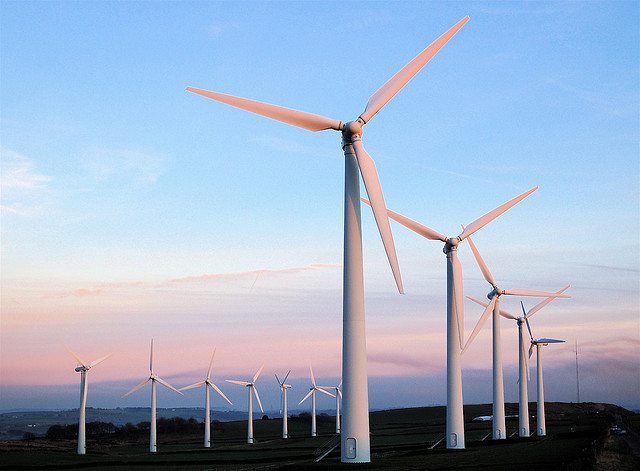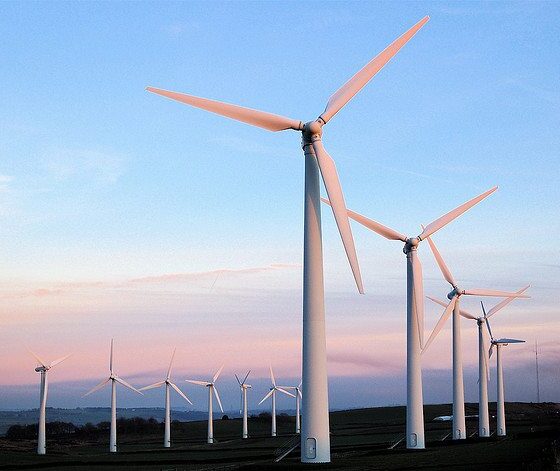

Energy
UK fifth best in energy sustainability
The UK has been named as one the top five countries with the most sustainable national energy systems in the world.
In the annual index compiled by the World Energy Council (WEC), the UK is one of only five out of 129 countries given the highest ‘AAA’ rating, alongside Denmark, Spain, Sweden and Switzerland.
The countries are rated according to how they balance the “energy trilemma” of energy security, energy equity and environmental sustainability.
The United Kingdom is ranked behind these other four nations, but receives praise for acting as a “Pack Leader”, and continuing to balance the energy trilemma very well, with “excellent performance” on all three energy dimensions.
However, for the UK, fifth place constitutes a fall of three places from last year’s index. The report finds that a slowing decline of the energy consumption growth rate along with falling energy production and a reduction in oil reserves gives the country a lower energy security ranking. Performance in energy equity also suffers slightly, largely because of the rising prices of both gasoline and electricity.
Although, unlike most other leading nations, the UK still relies heavily on fossil fuels, which account for 77% of its electricity fuel mix, the report notes an improvement in the country’s environmental sustainability performance. This is due largely to reduction of CO2 emissions from electricity generation.
The 2013 World Energy Trilemma report, released alongside the index, concludes that the global energy industry must be more involved in the transition to sustainable sources of energy if United Nations energy targets are to be met.
Joan MacNaughton, executive chair of the report, stressed the need for policy-makers to work closer with the private sector.
“If countries are to improve the sustainability of their energy systems, they must continue to work hard at identifying and successfully implementing balanced and forward-looking policies.
“For its part, the private sector needs to better understand how policy is made and how to contribute to it more effectively. It should also be more proactive in helping to build an informed consensus that moves us away from ad hoc approaches dominated by debate about short-term costs.”
Further reading:
Ecotricity announces plans to undercut ‘big six’ electricity prices
Survey shows majority of public wants government to back renewable energy


 Environment12 months ago
Environment12 months agoAre Polymer Banknotes: an Eco-Friendly Trend or a Groundswell?

 Features11 months ago
Features11 months agoEco-Friendly Cryptocurrencies: Sustainable Investment Choices

 Features12 months ago
Features12 months agoEco-Friendly Crypto Traders Must Find the Right Exchange

 Energy11 months ago
Energy11 months agoThe Growing Role of Solar Panels in Ireland’s Energy Future


























